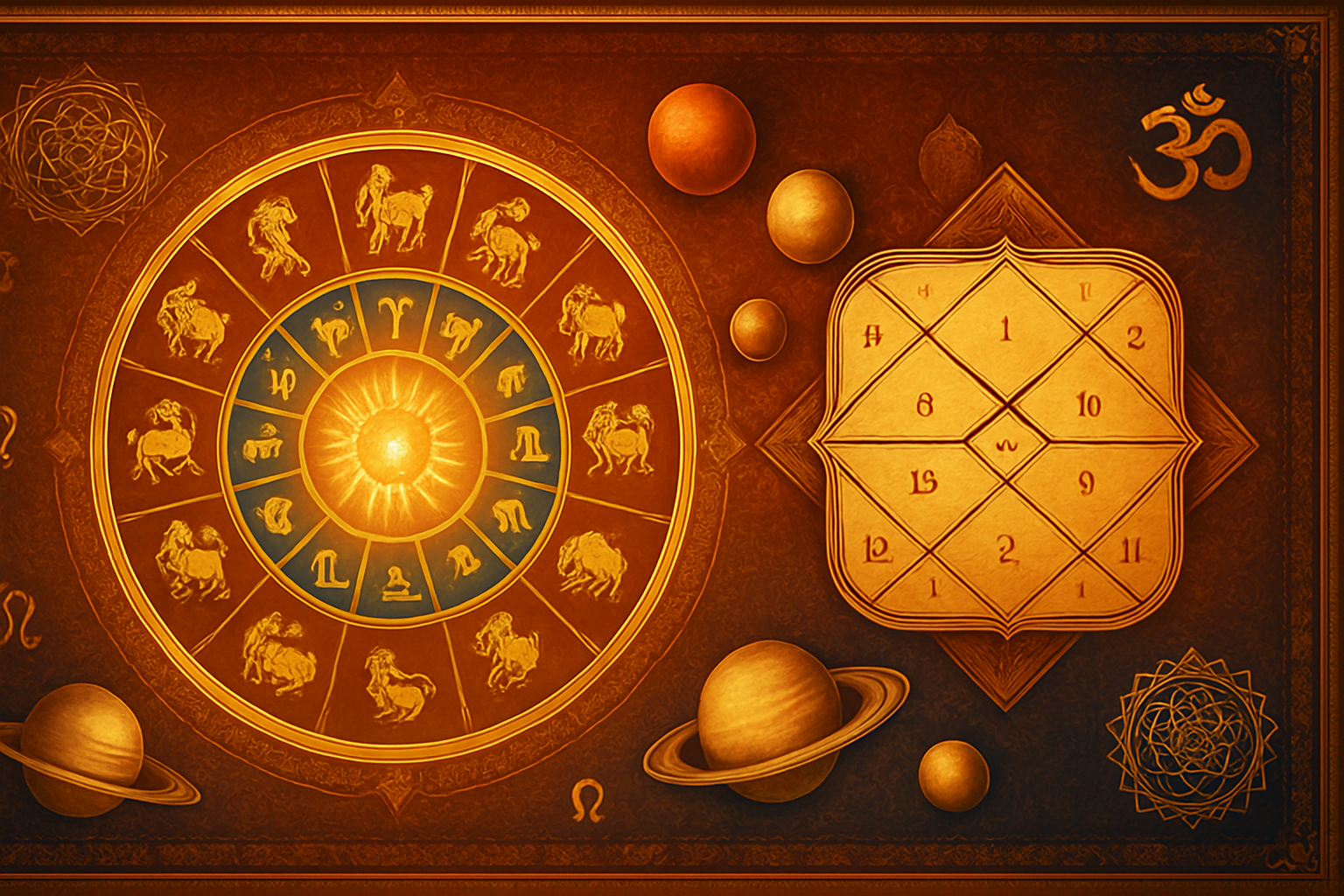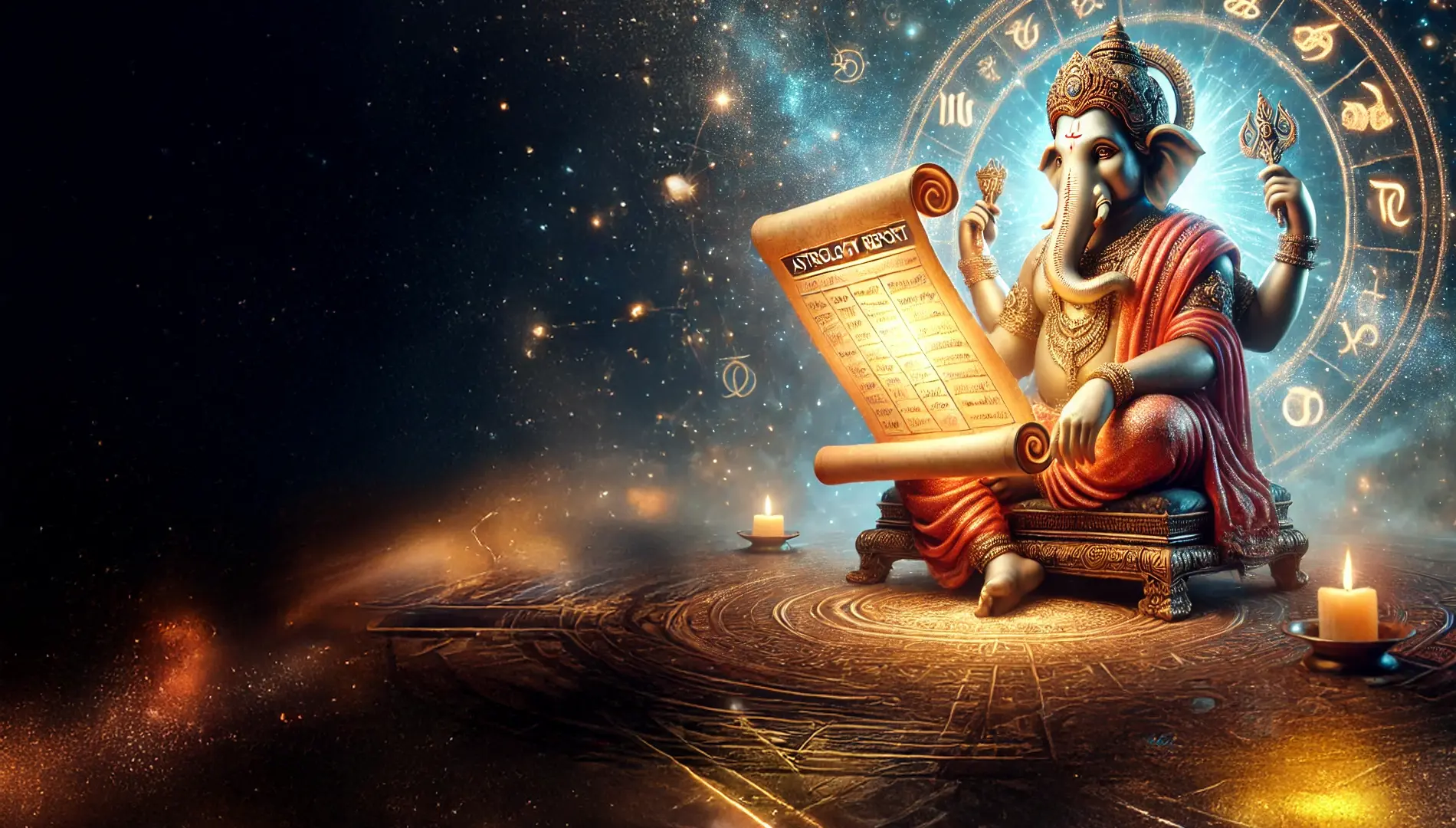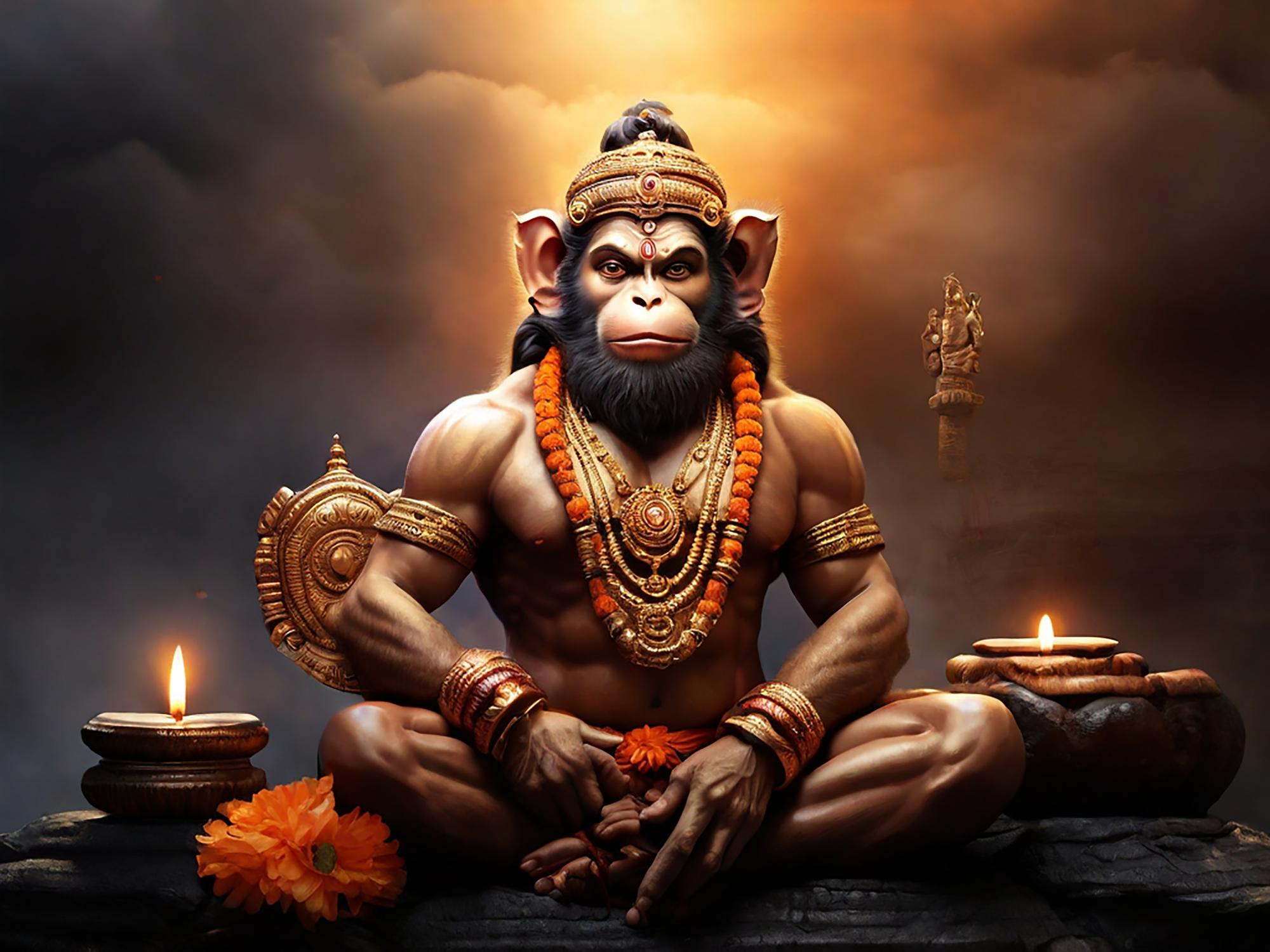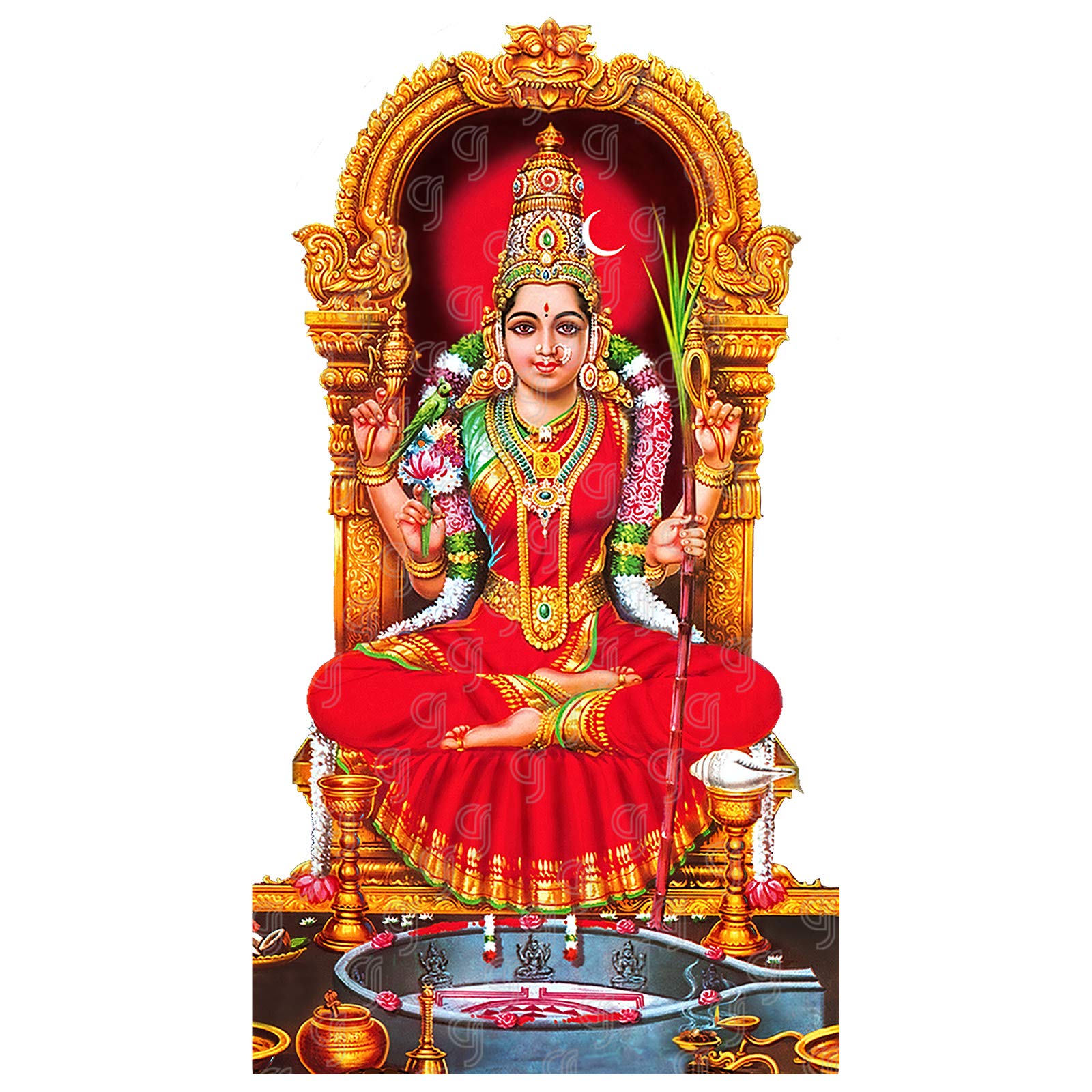A Guide to Indian Ancient Vedic Astrology and Analysis

Understanding Vedic Astrology
Vedic astrology, also known as Jyotisha ("the science of light"), is an ancient Indian system of astrology with roots in the Vedas. It's a comprehensive spiritual and philosophical system that goes beyond simple predictions, aiming to understand our place in the cosmos and our karmic journey..
Here's some content about Vedic astrology for your reference:
What is Vedic Astrology
Vedic astrology is an ancient Indian system of astrology that originated in the Vedas, particularly the Rigveda. It's deeply interwoven with Hindu philosophy, cosmology, and spirituality. Unlike Western astrology, which primarily uses the tropical zodiac (based on the Earth's seasons), Vedic astrology uses the sidereal zodiac (Nirayana), which takes into account the Earth's axial precession and the actual positions of the constellations in the sky. This difference of approximately 24 degrees can lead to significant variations in chart interpretations compared to Western astrology.
Get Your FREE Birth Chart
Discover your past, present, and future with our detailed Vedic Astrology analysis by Pandit and AI powered – free birth chart report.
Get accurate results delivered in PDF format to your WhatsApp and Email within 30 minutes.
Key Components of Vedic Astrology
The Nakshatras (Lunar Mansions)
These are 27 constellations or asterisms that the Moon transits. Each Nakshatra has unique characteristics and influences. The Moon's Nakshatra at birth is very significant.
The Dashas (Planetary Periods)
Dashas are planetary periods that rule different phases of life, influencing experiences and opportunities. The Vimshottari Dasha system is widely used.
The Divisional Charts (Vargas)
These are supplementary charts derived from the main birth chart, focusing on specific areas of life like career (D10) or relationships (D9), providing deeper insights.
Yogas (Planetary Combinations)
Specific arrangements of planets create particular influences and potentials called Yogas. Some are auspicious, others less so.
Transits (Gocharas)
These refer to the current positions of planets and their influence on the natal chart, helping to understand present and future trends.
Mantras and Remedies
Vedic astrology often suggests remedial measures like chanting mantras or wearing gemstones to mitigate negative influences, Lord Ganesha, the remover of obstacles in our birth chart.
The Hanuman Chalisa is not just a devotional hymn—it also has deep spiritual resonance in Vedic astrology.
Core Principles and Concepts
Karma
The law of cause and effect plays a central role in Vedic astrology. The birth chart is seen as a map of one's accumulated karmas from past lives and their potential unfolding in this lifetime.
Dharma
Understanding one's duty and purpose in life is another key aspect. Vedic astrology can offer insights into one's inherent strengths and inclinations, guiding them towards their dharma.
Moksha
Ultimately, Vedic philosophy aims for liberation (moksha). While astrology can provide guidance in navigating worldly affairs, it also encourages spiritual growth and detachment.
Applications of Vedic Astrology
Natal Chart Analysis
Understanding an individual's personality, strengths, weaknesses, life path, relationships, career prospects, health tendencies, and spiritual inclinations through the birth chart.
Relationship Compatibility (Synastry)
Assessing harmony and potential challenges between two individuals in relationships.
Muhurta (Electional Astrology)
Choosing auspicious times for important events like starting a business, getting married, or undertaking ?????? (travel) .
Horary Astrology (Prashna)
Answering specific questions based on the time they are asked.
Medical Astrology
Understanding potential health issues based on planetary influences.
In conclusion, Vedic astrology is a profound system offering unique perspectives on life. Accurate interpretation requires diligent study. While it provides valuable guidance, remember that free will also plays a significant role.
In Conclusion
Vedic astrology is a profound and multifaceted system that offers a unique perspective on life and destiny. It requires diligent study and a nuanced understanding of its principles to interpret a birth chart accurately. While it can provide valuable insights and guidance, it's important to remember that free will and personal effort also play a significant role in shaping one's life.




 Download Free Birth Chart
Download Free Birth Chart

 Download Marriage Horoscope
Download Marriage Horoscope



